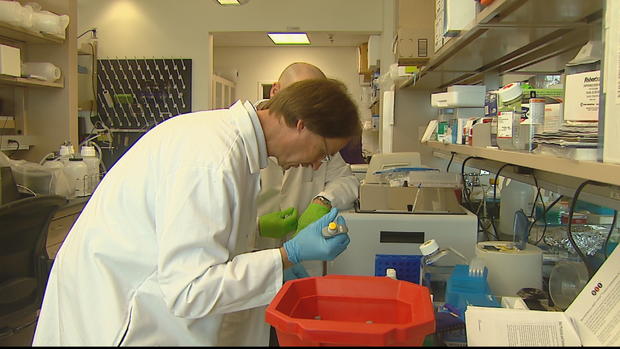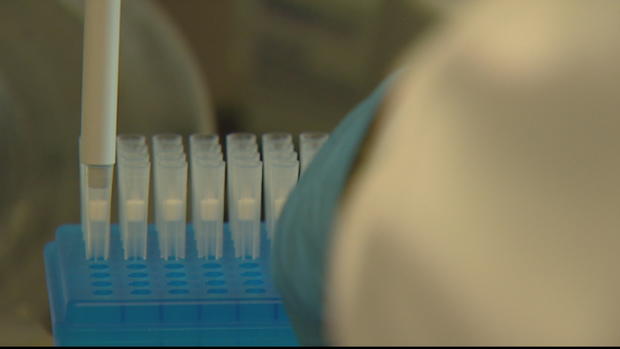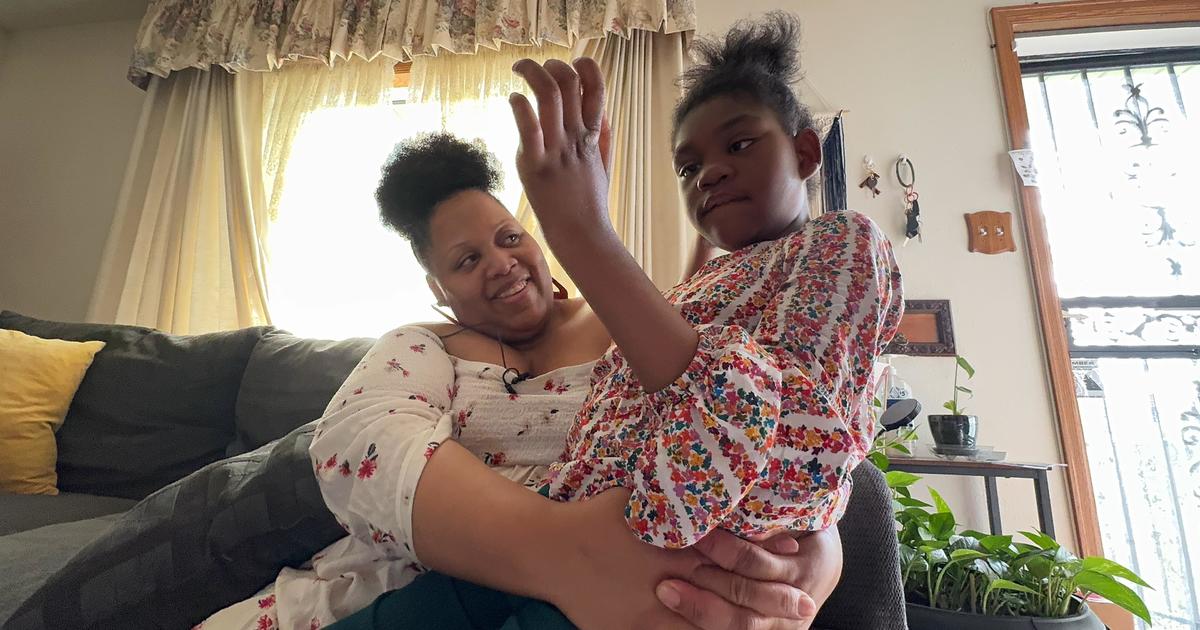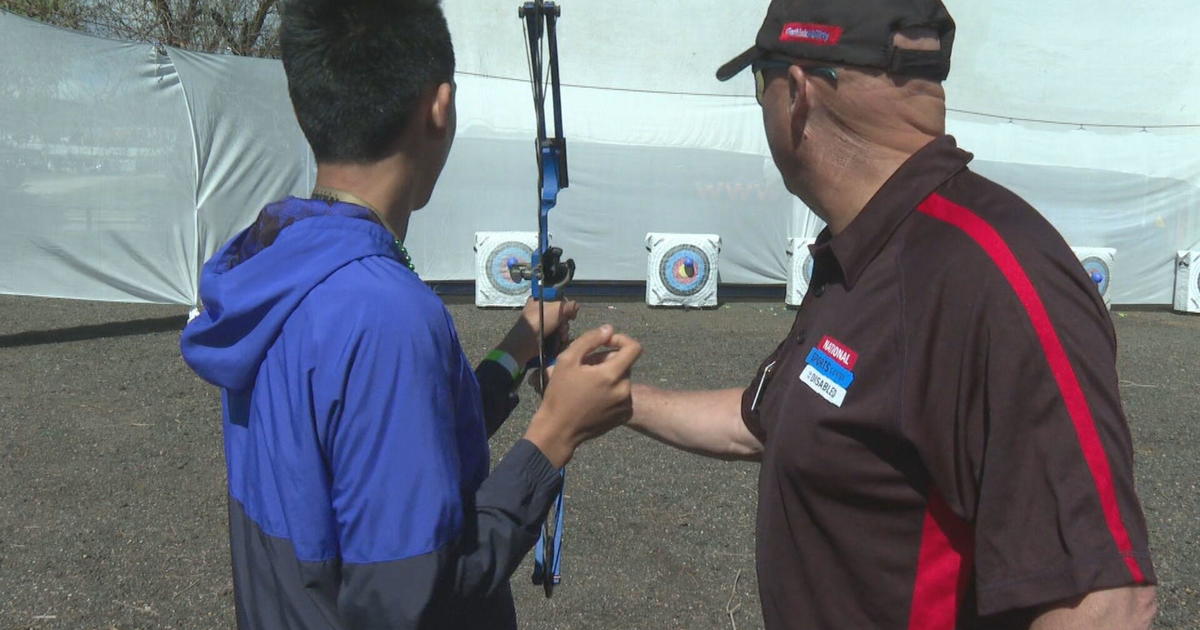Colorado Researchers Closer To Cracking Secrets Of Alzheimer's
AURORA, Colo. (CBS4)- Researchers in the Denver metro area are closer to cracking the secrets of Alzheimer's disease. Clinical trials at CU Anschutz are giving some patients and families hope.
Some 60,000 Coloradans have the disease and that number is expected to grow. When Denver Broncos owner Pat Bowlen disclosed his battle with Alzheimer's, awareness of the disease improved.
Now researchers at the Rocky Mountain Alzheimer's Disease Center at CU Anschutz Medical Campus in Aurora are testing groundbreaking new research.
"We've started a clinical trial on a drug called Leukine. We discovered it because people with rheumatoid arthritis almost never get Alzheimer's disease," said Director of Alzheimer's Research Dr. Huntington Potter.
Potter and his team found that a protein is released into the blood of rheumatoid arthritis patients.
Leukine, a drug already on the market for bone marrow stimulation, is a man-made version of that protein.
"What this drug is remove those amaloid deposits so the mice are now cognitively normal. They don't have memory problems anymore," said Potter.
When asked if it can reverse the effects of memory loss, Potter replied, "It can in mice and we hope that we'll be able to do that in humans as well."
He said there is a chance it could be a game changer in Alzheimer's research.
"It would halt the disease in its tracks or if we were very lucky and the people were very lucky, they would actually have parts of their cognitive problems reversed," said Potter.
Potter is now in the midst of an initial clinical trial conducted in Denver and Florida. While scientists are trying to keep their excitement in check, Potter admits this has great potential.
"Of all the drugs that are being or have been tested in humans, we think this is the most promising," said Potter.
The results of the clinical trial remain blinded but will be "unblinded" in the first half of 2016. If all goes well, the researchers will begin a longer clinical trial which would likely last two to three years.





